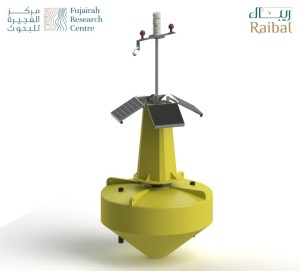
Smart Marine Buoy Development: Advancing Ocean Monitoring and Sustainability
Author: Eddardary Abdennour
10-01-2025In an era where technology intersects with environmental stewardship, the development of smart marine buoys stands out as a revolutionary step towards monitoring and preserving our oceans. At Fujairah Research Centre, our marine buoy project exemplifies this commitment, combining cutting-edge technology with sustainable solutions. This blog delves into the innovation, capabilities, and potential o...
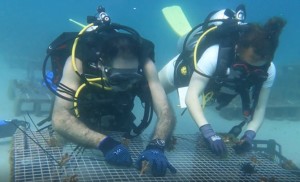
Rebuilding Coral Reefs: A Step-by-Step Guide to FRC's Restoration Efforts
Author: Lola Lubrina
31-12-2024Coral reefs are part of the marine ecosystem that supports marine biodiversity, protects coastal communities and plays a crucial role in global environmental health. They provide shelter for countless marine species, act as natural barriers against storms and support the livelihood for millions of people around the world. Unfortunately, these ecosystems are under serious threat from climate change...

Applications and Uses of Shimadzu FT-NIR in Analytical Testing
Author: Sachin Ashok Porob
30-12-2024Near Infrared (NIR) Spectroscopy has become an essential tool in the analytical sciences, particularly in industries that demand quick, non-destructive analysis of materials. Among the leading technologies in this field is Shimadzu’s Fourier Transform Near Infrared (FT-NIR) spectrometer, which provides high-precision and reliable results for a wide array of applications. The FT-NIR technique enabl...
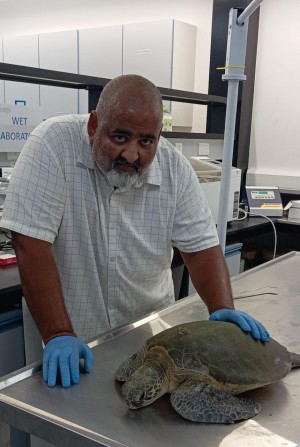
Teamwork in Action: The Fujairah Research Centre's Collaborative Effort in Turtle Conservation
Author: Riyafathima
25-12-2024At the heart of the Fujairah Research Centre's marine conservation efforts is a team united by a common goal: to protect and preserve turtles, the ancient mariners of the seas. Turtles are vital to the health of marine ecosystems, yet they face numerous threats such as habitat destruction, pollution, and climate change. The centre's work is a testament to the power of collaboration, where each tea...
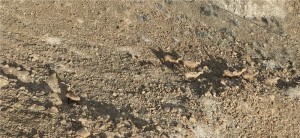
BioTrend Analytics: Revolutionizing Wildlife Monitoring with AI and Drone Technology
Author: Simon Zerisney
23-12-2024In an era marked by rapid environmental change and biodiversity loss, traditional wildlife monitoring methods are struggling to keep up. Enter BioTrend Analytics, a groundbreaking initiative that leverages cutting-edge computer vision and drone technology to transform wildlife population surveillance. This innovative project blends artificial intelligence with ecological research, promising precis...
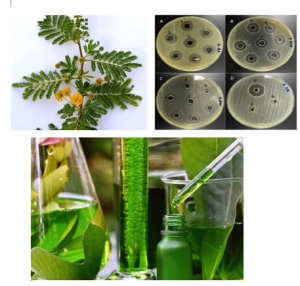
NATUAL DEFENSES: PLANT EXTRACTS-THE FUTURE OF MEDICINE AND WELLNESS
Author: Muhammed Namseed Padinhar Ismail
19-12-2024Plant extracts are extensively researched for their antimicrobial properties, as they offer a promising approach to addressing bacterial, fungal, and viral infections and considering the growing issue of antibiotic resistance. Numerous plants generate bioactive substances, including alkaloids, flavonoids, terpenoids, tannins, and phenolic acids, which can effectively inhibit microbial growth. Thei...
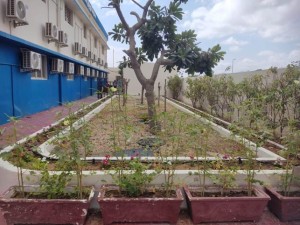
Growing Green Minds: Fujairah Research Centre and Royal Private English School Collaborate for a Sustainable School Garden
Author: Dr.Francois Mitterand Tsombou
17-12-2024The Fujairah Research Centre (FRC) is delighted to collaborate with the Royal Private English School to create a vibrant and eco-friendly school garden that embodies innovation, education, and sustainability. This unique initiative is designed to instill a sense of environmental responsibility in students while promoting sustainable agricultural practices. By engaging directly with nature, student...
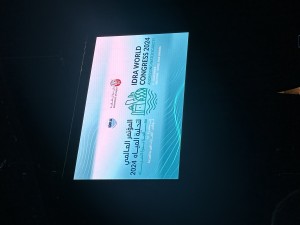
Fujairah Research Centre at IDA World Congress 2024: Pioneering Innovation in Water Sustainability and Marine Conservation
Author: Maryam Alhefeiti
16-12-2024The Fujairah Research Centre’s (FRC) Marine and Technology departments represented by Dr Carlos Parella and Maryam Alhefeiti are proud to announce their participation in the International Desalination and Reuse Association (IDA) World Congress 2024, held at ADNED, Abu Dhabi. This global event, scheduled to gather leaders in water innovation, sustainability, and resource management, aligns with FRC...
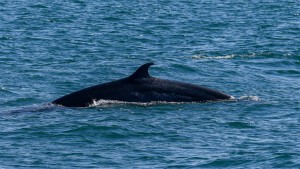
Successful Rescue Operation and Returns of the Bryde's Whale to Its Migration Path
Author: Riya Fathima
12-12-2024In an extraordinary example of teamwork and marine conservation, the Fujairah Research Centre (FRC) contributed to a vital rescue operation led by the Fujairah Environment Authority and the Port of Fujairah, with support from the Yas SeaWorld Research & Rescue Center in Abu Dhabi. This highly coordinated, three-day operation underscores the Centre’s dedication to marine conservation and its missio...
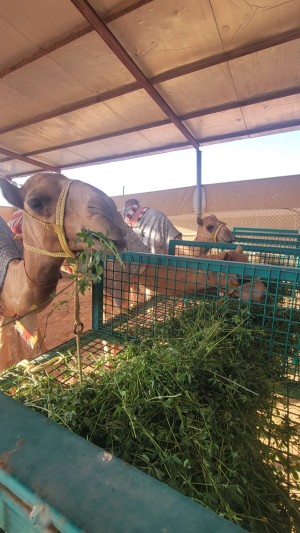
The Role of Nutrition in Camel Racing Success
Author: Dr.Nabil Abdel Hamid Mansour
11-12-2024Camel racing is a highly competitive sport requiring camels to perform at their physical peak. Proper nutrition plays a fundamental role in the success of camel racing, significantly influencing their health, performance, and endurance. Camels are extraordinary animals with unique physiological adaptations, but even they require a carefully managed diet to meet the rigorous demands of competitive...
